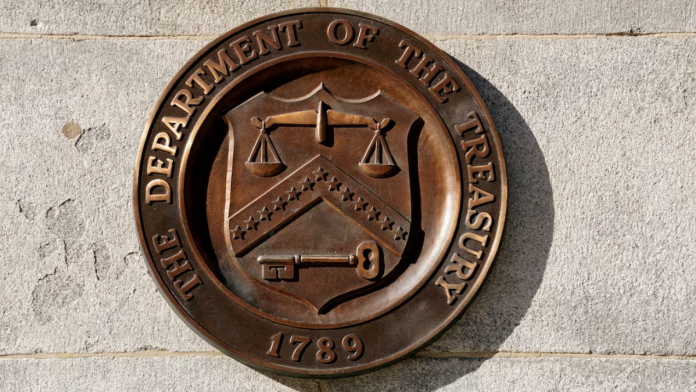The United States has taken a major step against drug trafficking by imposing sanctions on a key faction of the Sinaloa Cartel, known as the El Mayo faction. The U.S. Treasury Department announced the sanctions on Thursday, highlighting the cartel’s involvement in producing and distributing dangerous drugs such as fentanyl, cocaine, marijuana, heroin, and methamphetamine.
The El Mayo faction is one of the most influential wings of the Sinaloa Cartel. The U.S. government has labeled the Sinaloa Cartel a Foreign Terrorist Organization (FTO). This designation is used for groups outside the U.S. that commit violent acts and pose a threat to people and communities. It allows the U.S. to take stronger legal and financial actions, such as freezing assets and banning U.S. citizens or businesses from interacting with the group.
Alongside the faction itself, five individuals and 15 companies linked to El Mayo were also sanctioned. The penalties freeze any U.S.-based assets and prevent Americans from doing business with those involved. Officials say the action aims to disrupt the cartel’s operations and reduce its ability to profit from illegal activities.
U.S. sanctions blow puts India’s $120 million Chabahar Port project in jeopardy
Alleged Links to Mexican Lawmaker
Among the individuals sanctioned is Hilda Araceli Brown Figueredo, a federal lawmaker representing Baja California for Mexico’s ruling Morena party. Brown previously served as the mayor of Rosarito, a coastal town just south of the California border.
The Treasury Department said Brown had close connections with a cartel political operative. According to U.S. authorities, this relationship allowed the El Mayo faction to influence parts of Rosarito’s local government, giving the group protection for its criminal activities in the area.
Trump pushed for U.S. military strikes while CIA quietly armed Mexico’s anti-cartel forces
Sanctioning a sitting lawmaker is highly unusual. Brown responded to the sanctions by saying she “stands firm in any situation, before any authority” and will continue her work as usual.
Coordinated Pressure on Crime Groups and Corruption
The sanctions announcement came at the same time as a visit to Mexico City by John K. Hurley, U.S. Treasury Under Secretary for Terrorism and Financial Intelligence. Hurley met with Mexican officials to discuss ways to combat organized crime and tackle corruption linked to drug cartels.
The move is part of broader U.S. efforts to pressure Mexican crime groups, particularly the Sinaloa Cartel. Earlier this year, the U.S. labeled the Sinaloa Cartel as a Foreign Terrorist Organization, marking an important escalation in the fight against Mexican drug trafficking groups.
New 50% tariff in Mexico threatens Tesla and BYD’s electric vehicle sales
Officials emphasized that the sanctions aim to limit the cartel’s ability to launder money and gain influence in local governments. By targeting both the El Mayo faction and individuals allegedly assisting it, including a lawmaker, the U.S. is trying to cut off resources that help the group operate.
The El Mayo faction’s activities include trafficking fentanyl, one of the deadliest synthetic opioids. U.S. authorities warn that this increases the risk to communities in both Mexico and the United States. The sanctions send a strong message that the U.S. will hold accountable those who help the cartel operate, whether through financial support or political influence.
By combining financial penalties with diplomatic engagement, the U.S. is reinforcing pressure on Mexico to investigate and prosecute officials or politicians with links to organized crime. The sanctions underscore the seriousness of the threat posed by the Sinaloa Cartel and the need to disrupt its control over local governments.


